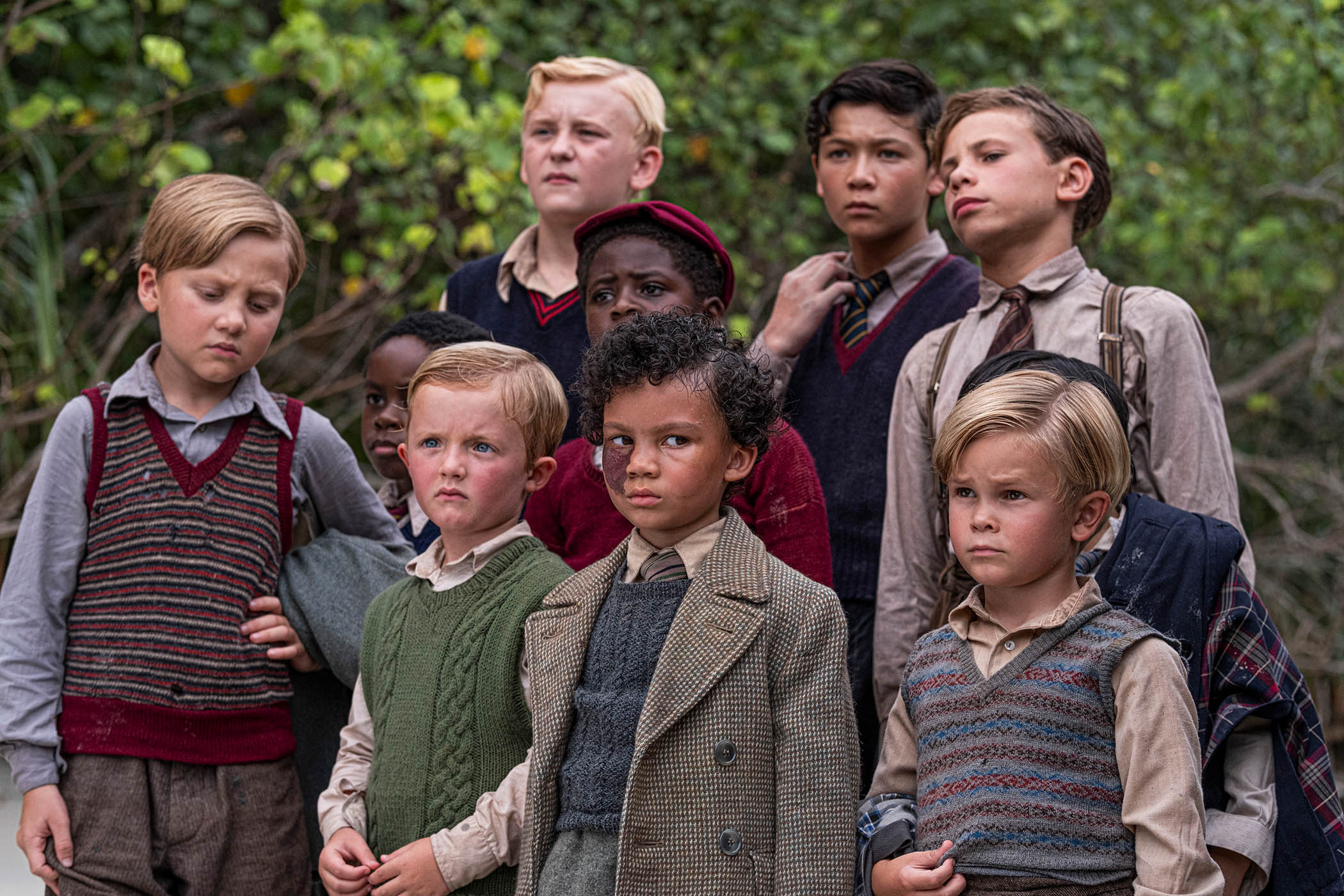In the past five years, British audiences have begun to brace themselves at the announcement of reality TV casts. Scanning a grid of faces, the dreaded thought appears: which rightwing figure has joined my most beloved TV show to rehabilitate their public image?
Political figures have long used reality shows to transition from politician to personality – Ed Balls and Ann Widdecombe did Strictly Come Dancing; Stanley Johnson did I’m a Celebrity ... Get Me Out of Here; George Galloway did Big Brother – to lesser and greater degrees of success. But recently, rather than a vehicle for shifting careers, reality TV has become a vehicle for reputational recovery, utilised increasingly by controversial and disgraced conservative figures hoping to wash away a bad public impression by making a lovable fool of themselves to audiences of millions.
This trend began when the former health secretary Matt Hancock, the Covid pandemic health secretary, made it to the final of I’m a Celebrity in 2022, despite major public pushback when his casting was announced. He was followed in 2023 by the Reform UK founder Nigel Farage, then ex-leader of Ukip, who also made it to the end, with viewers warming to him in spite of their distaste for his politics. Both were grudgingly liked by viewers by the end of the series, humanised by their trials and errors – and their normal interactions with more likable castmates.
This autumn, the trend has ballooned, with two British reality TV institutions following suit simultaneously. Last month, Big Brother announced it would have the young Tory influencer Emily Hewertson as one of its housemates for the new series, which began last week. It came just weeks after news that Thomas Skinner, the former Apprentice candidate and friend of JD Vance, would appear on the new series of Strictly.
It’s obvious why broadcasters have continued to cast these controversial figures. They generate public outrage and give shows free press, dominating tabloid coverage, opinion columns and social media posts, and often breaking through to publications that otherwise wouldn’t cover these programmes. The downsides, despite protestations from critics, have been minimal.
Viewers who these selections might alienate rarely watched shows like I’m a Celeb anyway – and it was hardly the case that these programmes had pristine, highbrow reputations that could be damaged by attention-seeking castings. Ratings, of course, don’t distinguish between who is and isn’t hate-watching, and these selections did create ratings boosts (2 million more people watched the first episode of Hancock’s series compared with the previous year’s).
Many viewers said they left the room when Thomas Skinner hit the dancefloor
Many viewers said they left the room when Thomas Skinner hit the dancefloor
Cast members have also tended to get what they want out of their appearances too. It’s no surprise that after a decade of failed attempts, Farage was elected as an MP just six months after he appeared on the show – slingshotted back into cultural relevance after a slow fade since 2016.
But viewers’ patience for this gimmick may be reaching its end. In a public vote on Monday, Hewertson was the first housemate evicted from Big Brother. And while Skinner has yet to face a similar test, his attempt to play the lovable buffoon hasn’t induced much warmth among the public or in the press. He has been the target of many unflattering tabloid stories: one in the Sun, where Skinner admitted to cheating on his wife, followed by another in the Mirror suggesting Skinner’s company may have misused a Covid loan.
After his first dance last Saturday, social media seemed less delighted and more turned off, with many viewers saying they literally left the room when it was his turn on the dancefloor. It’s worth noting that, after having no politicians in 2024, rumoured castmates for this season of I’m a Celeb are also Westminster-free.
In an era when our political climate feels louder, it’s no surprise that in shows that help people switch off, audiences don’t want to be confronted with those who remind them of reality. It is likely that by 2026, these figures will be left searching for a new shameless benefactor – one offering a fresh way to profit off laundering their reputations.
Newsletters
Choose the newsletters you want to receive
View more
For information about how The Observer protects your data, read our Privacy Policy
Photograph Guy Levy/BBC



